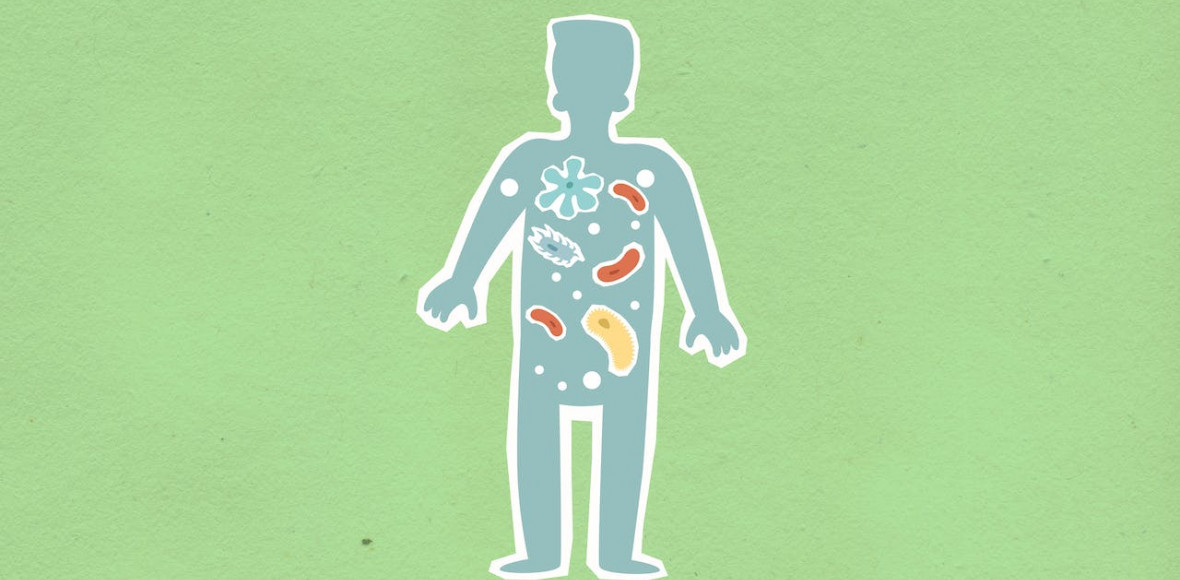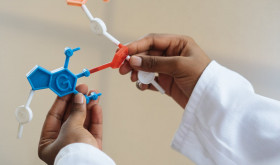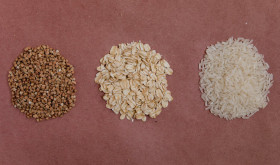
In recent years, the scientific community has turned its focus towards the role of gut microbiota in various aspects of human health, including its impact on colorectal cancer (CRC). The gut microbiota, an intricate and diverse ecosystem of microorganisms residing in the digestive tract, plays a pivotal role in maintaining our health. Its influence ranges from aiding digestion to modulating the immune system. This article aims to elucidate the role of gut microbiota in the development and prevention of colorectal cancer.
The human gut is home to trillions of microbes, including bacteria, fungi, viruses, and protozoa. This microbial community is not only vast in number but also rich in diversity, which is crucial for the proper functioning of the human body. The gut microbiota helps in the digestion of foods that are otherwise indigestible, synthesizes essential vitamins, and protects against pathogenic microorganisms. It is now becoming evident that the gut microbiota also plays a significant role in the modulation of cancer risk, particularly colorectal cancer.
Colorectal cancer is one of the leading causes of cancer-related deaths worldwide. It is now understood that the risk of developing colorectal cancer is not only influenced by genetic and lifestyle factors but also significantly by the composition and function of the gut microbiota. Certain bacterial species within the gut microbiota have been identified as having pro-carcinogenic or anti-carcinogenic properties.
Pro-carcinogenic and Anti-carcinogenic Microbes in the Gut
Pro-carcinogenic bacteria, such as certain strains of Escherichia coli and Fusobacterium, can promote colorectal cancer development. These bacteria can produce toxins that damage the DNA of colon cells, leading to mutations that may progress to cancer. Additionally, they can cause chronic inflammation in the gut, which is a known risk factor for the development of colorectal cancer. Chronic inflammation leads to an environment conducive to cancer development, characterized by increased cell proliferation, reduced apoptosis (cell death), and alterations in the immune response.
Conversely, certain components of the gut microbiota exert a protective effect against colorectal cancer. These beneficial microbes, such as Lactobacillus and Bifidobacterium, can suppress inflammation, enhance the gut barrier function, and produce short-chain fatty acids (SCFAs) like butyrate, acetate, and propionate. SCFAs have been shown to have anti-inflammatory properties and can induce cell death in cancer cells, thereby playing a protective role against colorectal cancer development.
Dietary Influences on Gut Microbiota Composition
Diet plays a major role in shaping the composition of the gut microbiota. Diets high in fibre, for instance, promote the growth of beneficial bacteria that produce SCFAs. On the other hand, diets high in fat and red meat can lead to an increase in the population of bacteria associated with inflammation and cancer risk. Therefore, dietary modifications can be a powerful tool in modulating the gut microbiota towards a composition that may reduce the risk of colorectal cancer.
Probiotics, Prebiotics, and Gut Health
Probiotics and prebiotics have also garnered attention for their potential role in modifying the gut microbiota. Probiotics, live beneficial bacteria, and prebiotics, non-digestible fibres that feed these bacteria, can help in maintaining a healthy gut microbiota balance. They may reduce the abundance of harmful bacteria and enhance the presence of beneficial bacteria, thereby potentially reducing the risk of colorectal cancer.
The Protective Role of SCFAs Against Colorectal Cancer
Moreover, the role of gut microbiota in the efficacy of cancer treatment is an emerging area of research. Studies have shown that the composition of the gut microbiota can influence the response to chemotherapy and immunotherapy in colorectal cancer patients. This suggests that modulating the gut microbiota could be a strategy to improve treatment outcomes in colorectal cancer.
Gut Microbiota’s Impact on Colorectal Cancer Treatment
In conclusion, the role of gut microbiota in colorectal cancer development and prevention is multifaceted and significant. It involves a complex interplay between diet, microbial communities, and host factors. Understanding this relationship opens new avenues for colorectal cancer prevention and management, highlighting the importance of maintaining a healthy gut microbiota. Future research in this area promises to unveil more about the intricate connection between our gut residents and colorectal health, potentially leading to innovative strategies for cancer prevention and therapy.















